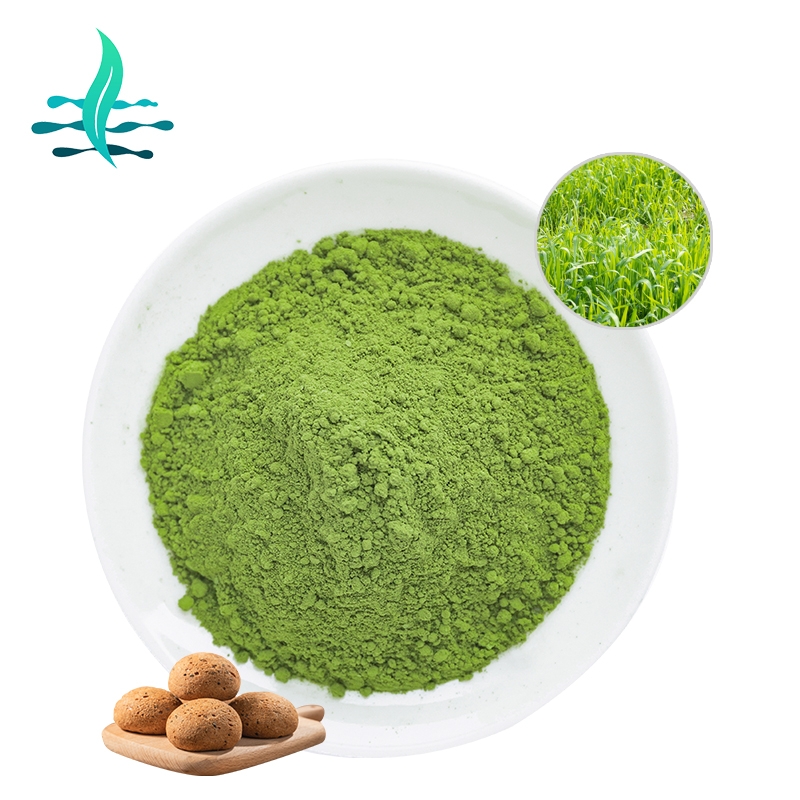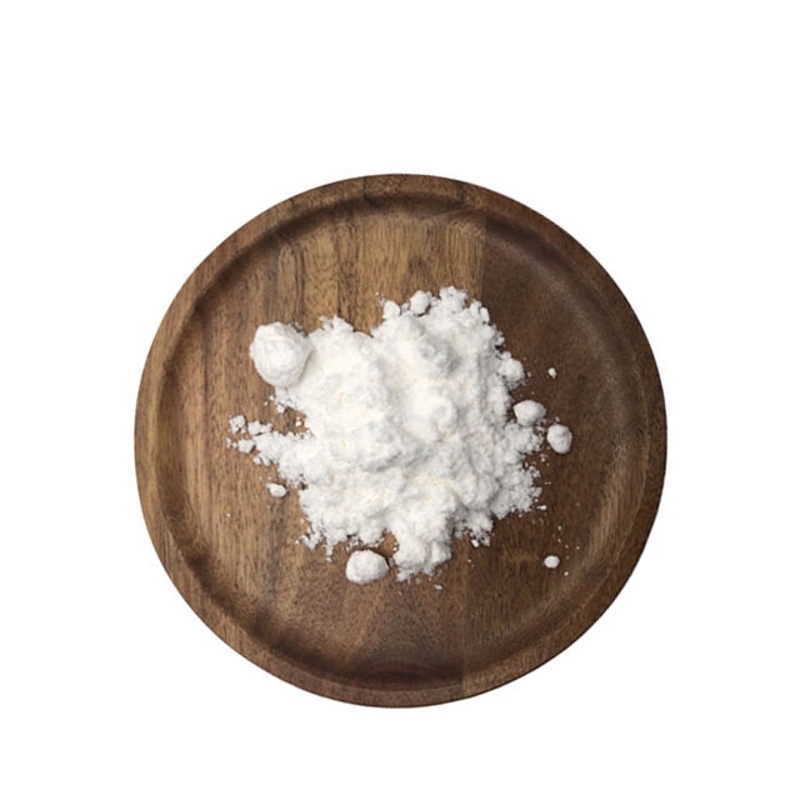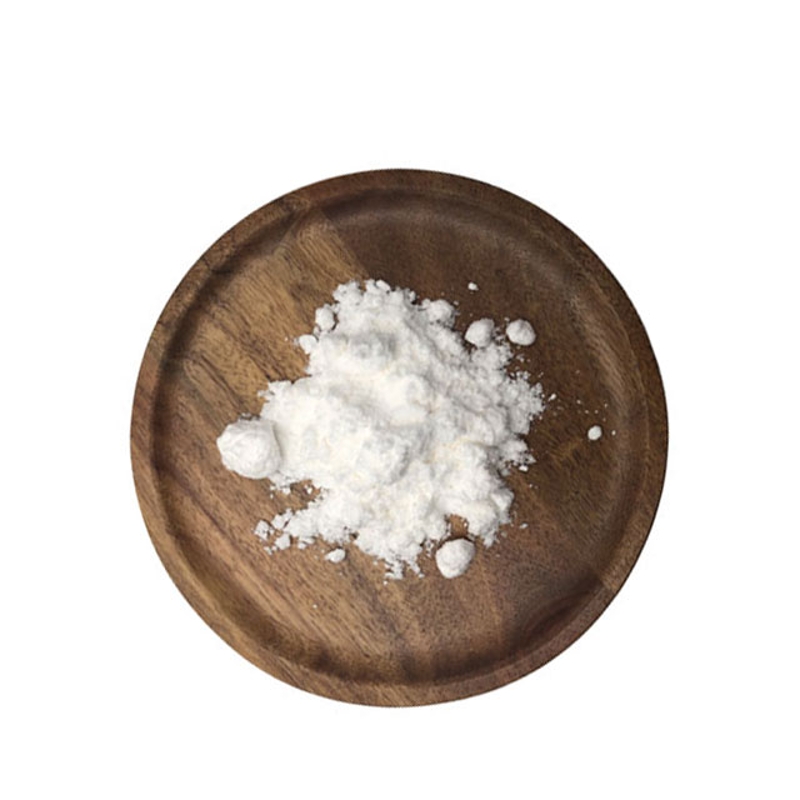-
Categories
-
Pharmaceutical Intermediates
-
Active Pharmaceutical Ingredients
-
Food Additives
- Industrial Coatings
- Agrochemicals
- Dyes and Pigments
- Surfactant
- Flavors and Fragrances
- Chemical Reagents
- Catalyst and Auxiliary
- Natural Products
- Inorganic Chemistry
-
Organic Chemistry
-
Biochemical Engineering
- Analytical Chemistry
- Cosmetic Ingredient
-
Pharmaceutical Intermediates
Promotion
ECHEMI Mall
Wholesale
Weekly Price
Exhibition
News
-
Trade Service
Suspension-cultured cells (SCC) are generally considered the most suitable cell systems to carry out scientific studies, including the extracellular proteome (secretome). SCC are initiated by transferring friable callus fragments into flasks containing liquid culture medium for cell biomass growth, and they are maintained in an orbital shaker to supply the sufficient oxygen that allows cell growth. SCC increase rapidly during the exponential phase and after 10–20 days (depending on the cell culture nature), the growth rate starts to decrease due to limitation of nutrients, and to maintain for decades these kinds of cell cultures is needed to transfer a portion of these SCC into a fresh culture medium. Despite the central role played by extracellular proteins in most processes that control growth and development, the secretome has been less well characterized than other subcellular compartments, meaning that our understanding of the cell wall physiology is still very limited. Useful proteomic tools have emerged in recent years to unravel metabolic network that occurs in cell walls. With the recent progress made in mass spectrometry technology, it has become feasible to identify proteins from a given organ, tissue, cells, or even a subcellular compartment. Compared with other methods used to isolate cell wall proteins, the spent medium of SCC provides a convenient, continuous, and reliable and unique source of extracellular proteins. Therefore, this biological system could be used as a large-scale cell culture from which these proteins can be secreted, easily separated from cells without cell disruption, and so, without any cytosolic contamination, easily recovered from the extracellular medium. This nondestructive cell wall proteome approach discloses a set of proteins that are specifically expressed in the remodelling of the cell wall architecture and stress defense.







